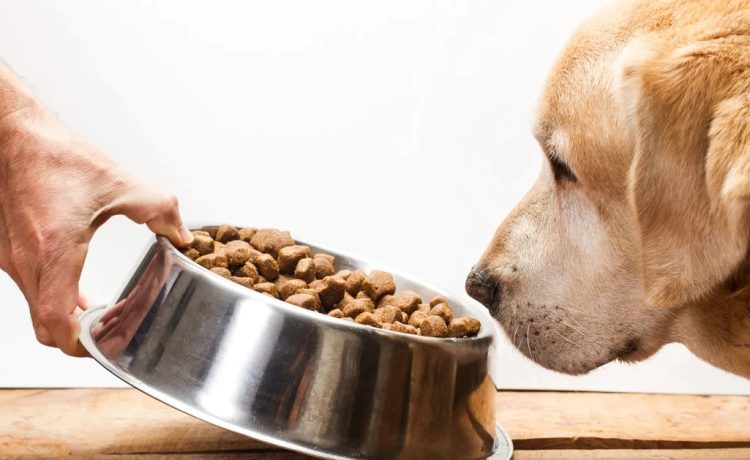Bringing a dog home is rewarding but challenging. In addition to cuddling and pleasure, pet owners must be prepared for health issues. Constant diarrhea can disturb puppies and their owners. Fortunately, it can be managed with proper treatment. This article covers how to treat a puppy with diarrhea while ensuring they get adequate food and drink.
Understanding Puppy Diarrhea
Stress, food allergies, parasites, bacterial or viral infections, and poor diet can cause diarrhea in puppies. The symptoms include exhaustion, vomiting, and appetite loss, as well as watery feces. Minor diarrhea may go gone on their own, but chronic episodes require medical attention to avoid dehydration and other issues. Keep an eye on your puppy and seek veterinary treatment if their symptoms linger more than a day or are accompanied by other concerns like puppy has diarrhea but still eating and drinking.
Manage Diarrhea without Nutrient Loss
Hydration is Key
In little puppies, diarrhea can dehydrate them, therefore hydration is essential. Give your dog clean water at all times. You can also give dogs electrolyte solutions to replace lost fluids and minerals.
Continue Feeding
Even with diarrhea, your puppy needs to eat to maintain their energy and immune system. You may need to temporarily change their diet.
Switch to Bland Foods
Start feeding your dog bland, easily digested meals to improve their stomachs. White rice, plain yogurt, and boiling chicken or turkey are easy to digest and firm stools. Once their feces are normal, gradually restart their diet.
Frequent, Small Meals
Instead of enormous meals, provide smaller portions throughout day. Better digestion and less GI inflammation are two benefits of this method.
Probiotics
Good bacteria balance the stomach. Consider giving your puppy a probiotic supplement intended for dogs to aid digestion and replenish gut flora.
Watch for Food Intolerances
Note any meals that cause or worsen diarrhea in your dog. They may need dietary changes due to allergies or sensitivities. Your vet can help diagnose and cure dietary intolerances.
Gradual Transitions
Introduce new foods or switch between them to avoid stomach distress. Sudden dietary changes can upset the gastrointestinal tract’s delicate balance, causing diarrhea.
Medication
Your vet may prescribe medication to treat diarrhea or relieve its symptoms. Be careful and finish the treatment even if your puppy feels better early.
Conclusion
A puppy with diarrhea can be distressing, but you can help them eat and drink and recover quickly by taking the right steps. Encourage plenty of water, provide bland, easily digestible foods, and monitor your puppy’s condition to improve digestive health. Visit your vet if your puppy’s symptoms worsen. They may provide tailored advice and treatment options for your dog. Your puppy will rapidly return to its happy, playful selves with patience, care, and instruction.
















